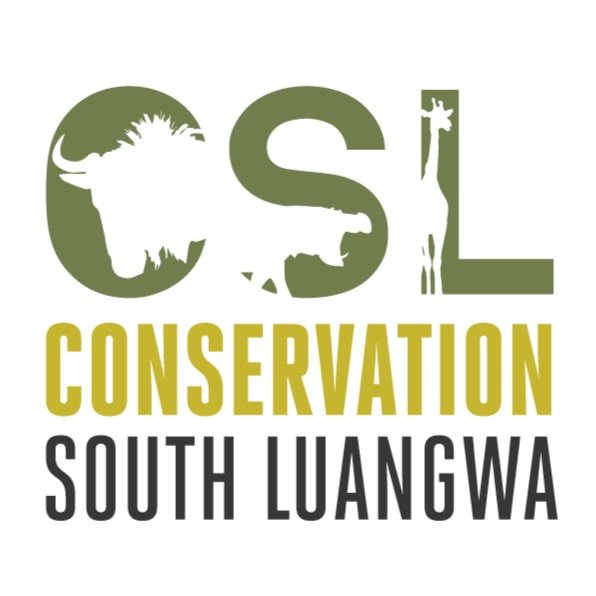Mission: To work with community and conservation partners in the protection of the wildlife and habitats of the South Luangwa ecosystem.
Vision: The long-term survival of wildlife and habitats in South Luangwa under the custodianship of the Zambian people.
Since officially registering in 2003, Conservation South Luangwa (CSL) has partnered with Zambia’s Department of National Parks and Wildlife (DNPW) to protect wildlife and mitigate human-wildlife conflict (HWC) in the South Luangwa Valley. CSL works to safeguard 1.4 million hectares of largely intact wilderness, encompassing South Luangwa National Park and its surrounding Game Management Areas.
CSL employs an integrated approach to wildlife protection, resource management, and human-wildlife coexistence, working in close collaboration with DNPW, local communities, and conservation partners. Prioritising community engagement, CSL works with people living alongside the wildlife of the South Luangwa Valley through conservation awareness and support programmes, alongside anti-poaching foot patrols, aerial surveillance, K9 Unit tracking and detection, and 24/7 veterinary support for both domestic and wild animals.
CSL employs 118 Community Scouts to help DNPW to support the wildlife and habitats of the South Luangwa Valley. CSL also provides technical support, patrol equipment, rations, training and transport for ground patrol teams, including specialised Quick Reaction Force and Target Teams.
Working dogs are increasingly being used to reduce wildlife trafficking by detecting wildlife contraband and tracking wildlife crime suspects. The South Luangwa K9 Unit is Zambia’s first conservation K9 Unit and has become one of the most effective specialised anti-poaching teams in the region.
Snaring is wildlife’s silent killer, claiming the lives of many animals in the Luangwa Valley each year. In partnership with DNPW and the Zambian Carnivore Programme, CSL works to combat this through deployment of regular anti-snaring patrols and treating snared animals.
The Aerial Unit has evolved to become a significant contributor in safeguarding the South Luangwa ecosystem, detecting illegal activities such as poachers’ camps, bush fires and bushmeat drying racks, whilst also contributing to wildlife monitoring and research efforts.
When elephants damage crops, properties, or even human lives, this negatively influences attitudes toward conservation. The CSL Community department works to reduce conflict with mitigation measures, alternative livelihoods and community awareness programmes.
Dr Mwamba Sichande manages the only community veterinary clinic in Mambwe District. CSL aims to improve domestic animal health by increasing sterilisations and rabies vaccinations which also reduces the risk of disease transmission to South Luangwa’s wildlife.




























